Boy, that’s a tough one. And what could I possibly tell you that you don’t already know. Didn’t you learn how to write in school, after all?
Unfortunately, the sad truth is that most people just don’t know how to write. As soon as they get an empty piece of paper in front of them, or pull up a new blank Word document and see that bright white page staring back at them, they lock up. Nothing can come out, and whatever eventually does appears as nothing more than the ramblings of a lost child.
There are many things you can do to alleviate these symptoms that afflict millions who don’t know how to write.
- Make a List: Notice that I didn’t say make an outline. Making an outline is often worse than the actual writing you want to do in the first place. That’s why I always start with a list. In fact, you might like this post on using lists to write more and write faster. If you’re writing a paper or article on New York, make a list of places that you know. If you have a paper due tomorrow on whatever subject, write down the key headings from your notes on a separate paper. Chances are you’ll be able to come up with a list larger than you thought possible.
- Write a Sentence: Forget about getting that 5-page paper done, and toss the ideas for paragraphs out the window. Start by writing a sentence, just one, for each of the points you just put on your list. For New York I might write: “The Statue of Liberty is very tall, and you can go to the top.” Pretty easy, pretty simple, and you’re done.
- Find a Fact: Now, let’s make those sentences stronger. Find a fact for each one of the sentences you wrote about. This should be easy when you're writing with Wikipedia or using Google Books for writing, and you’ll have your facts in no time. I changed my New York sentence to: “The Statue of Liberty is 151 feet tall, but 305 feet if you go from the ground and not the pedestal.” See how much my sentence has changed just by putting in that fact, which actually became two facts because it was just so darn easy once I did a little research footwork.
- Repeat a Lot: Now all you have to do is repeat the process. A lot of times when you start doing some easy research, you’ll find that you’re getting more sentences than you first thought possible, and they’re longer than you thought they’d be. And if you think you don’t need facts or figures in your writing, think again. Unless you’re writing a dialogue-heavy work of fiction, you’ll always want some form of credibility to bolster your writing. Facts do that, so use them frequently. And you’ll always have ammunition to fire at annoying dinner guests.
Now remember that I told you that making an outline was worse than actually writing, well, that’s pretty much what we just did. A lot of writing is about tricking your mind, and others’ as well.
You Might Also Like
Write Your Novels Faster: Sacrificing Formatting Early
Using Google Maps for Fiction Writing
Google Maps Saves My Novel Again
Top 10 Best Writing Books on Writing for Writers to Write Right
Would You Rather Write 100 Shitty Books or 1 Good Book?
Using Your eBook Writing Folders Effectively
Top 10 Best Finger Foods for Fast Typists


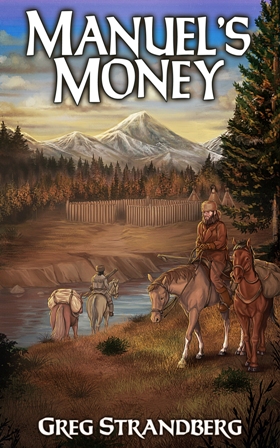
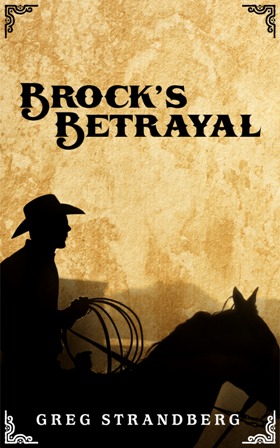
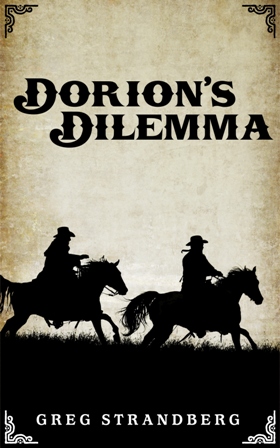

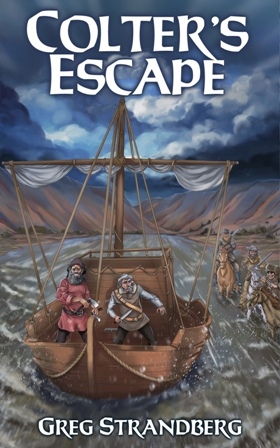


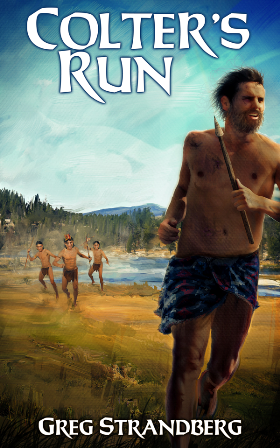
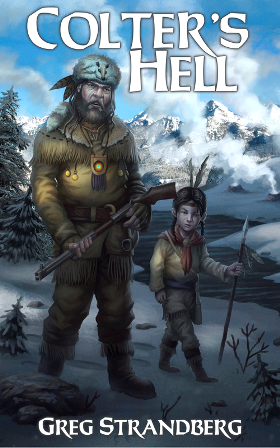

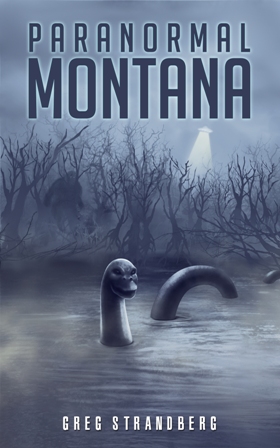
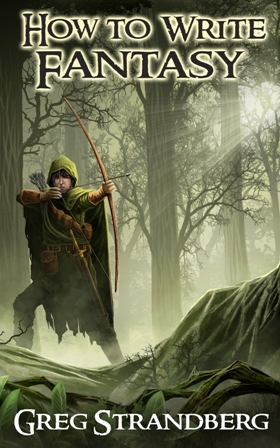


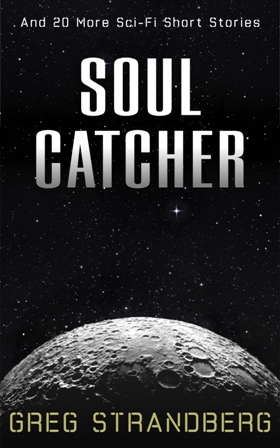
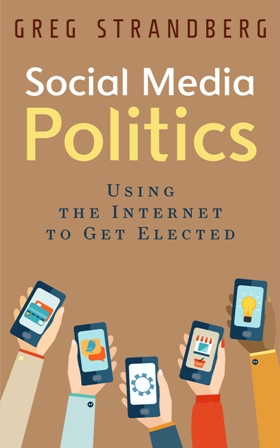


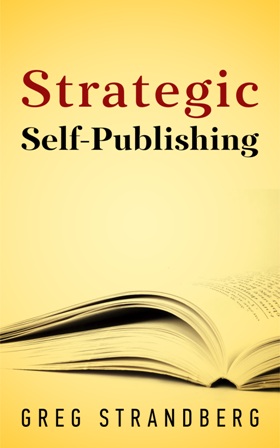
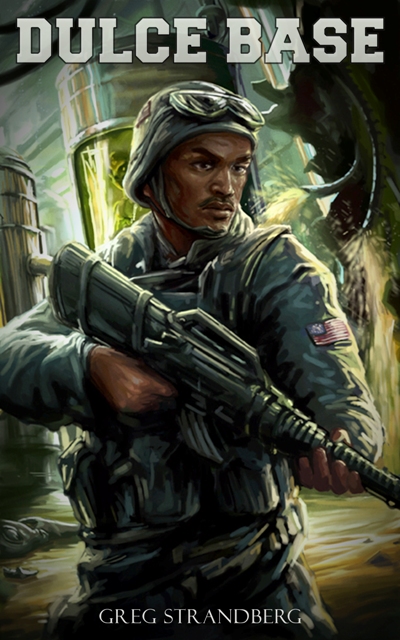
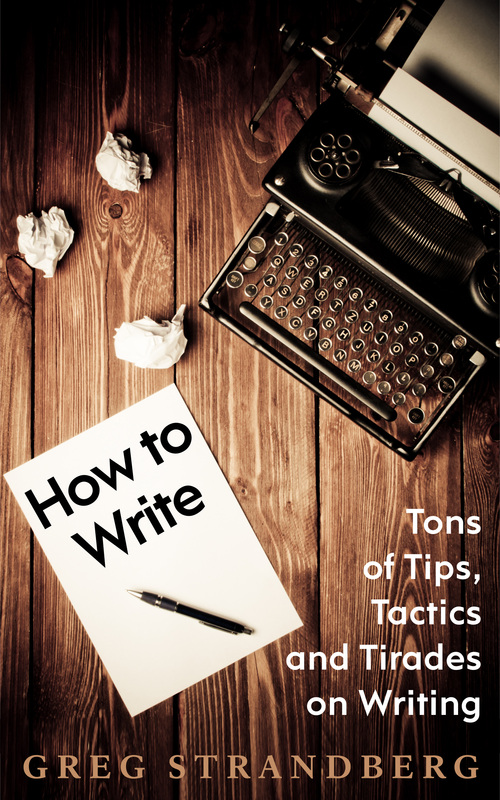

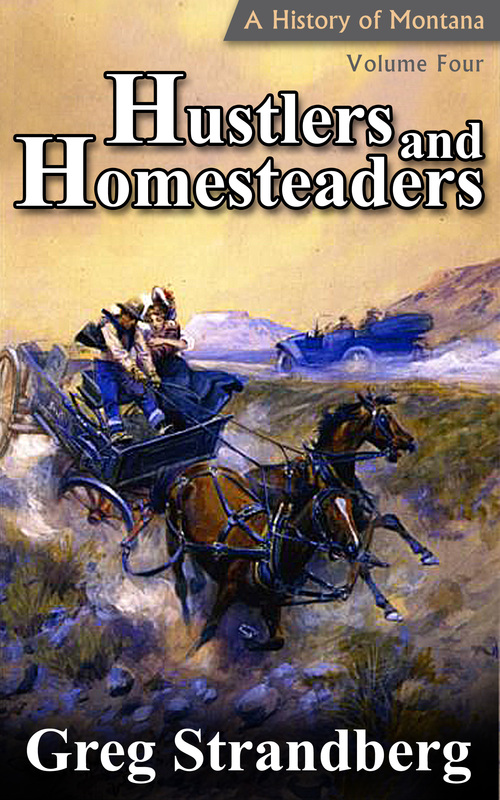
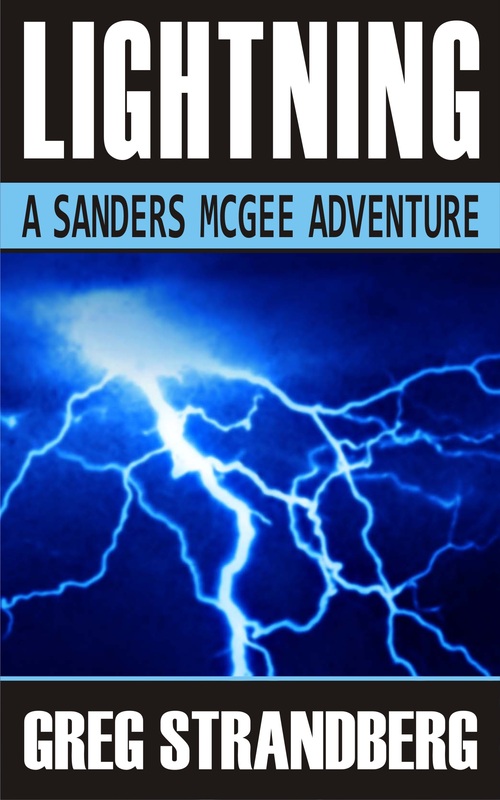
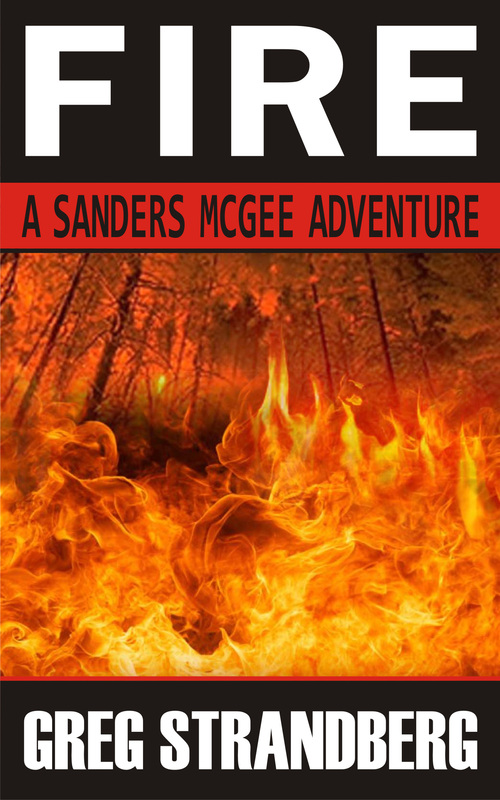
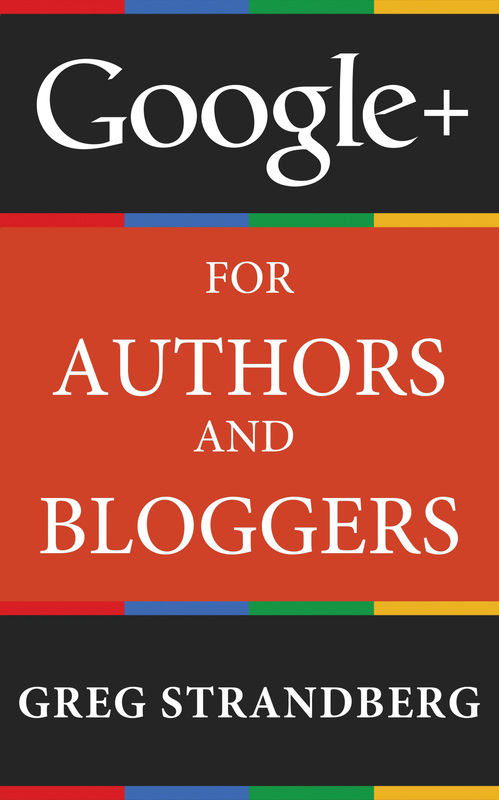



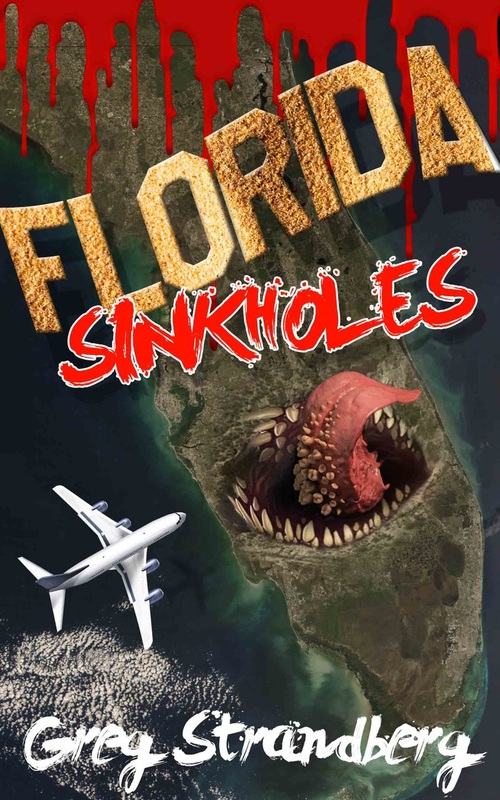

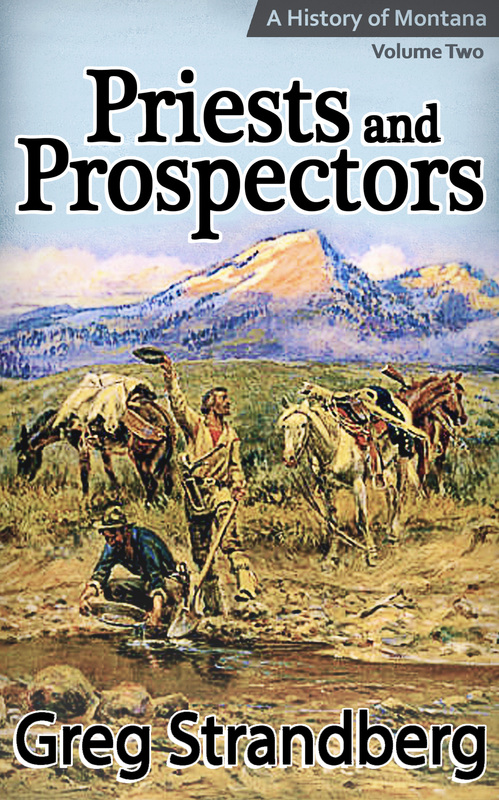
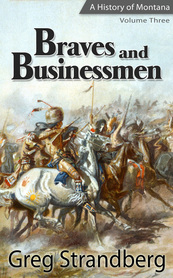
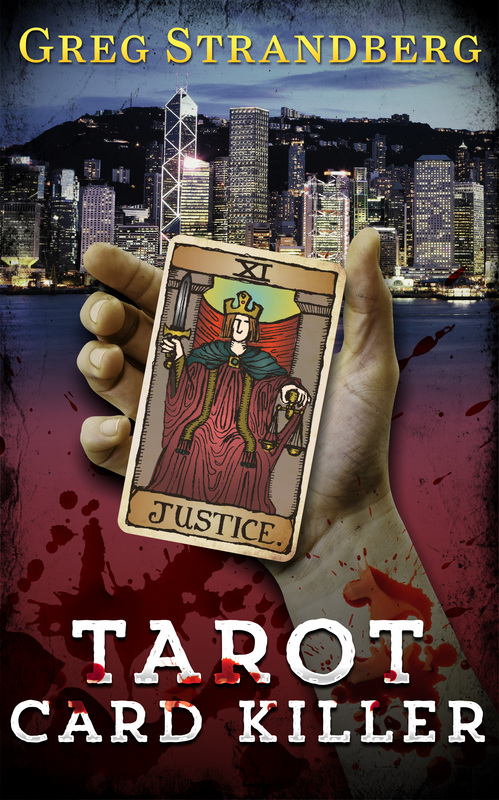
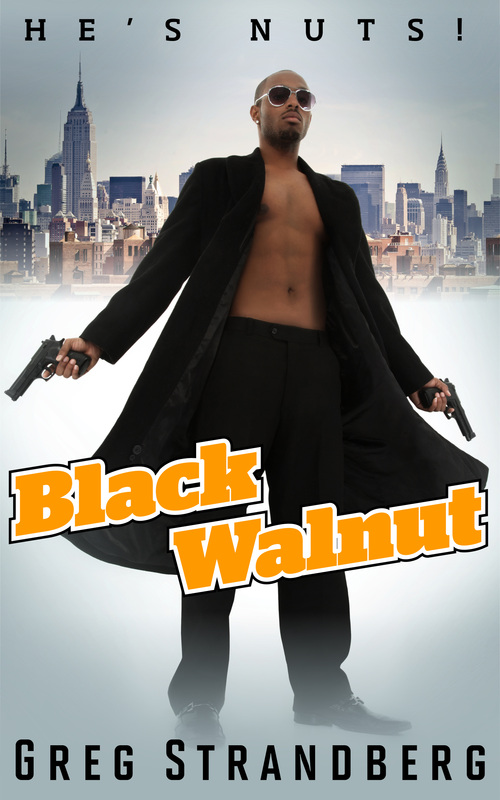

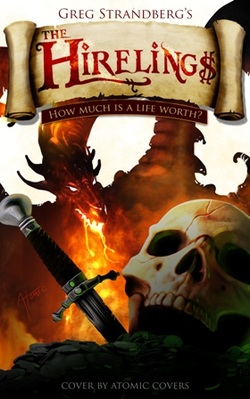




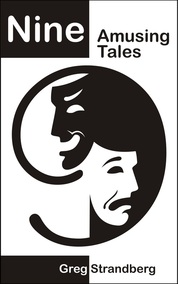
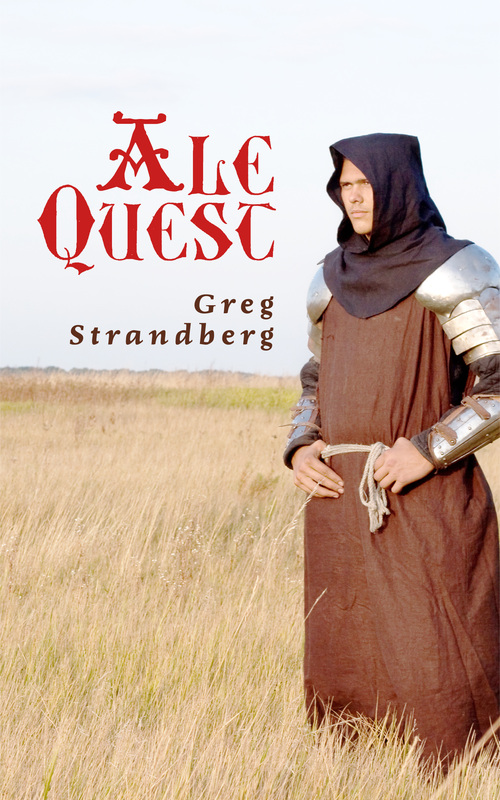





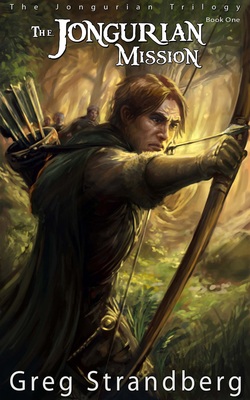

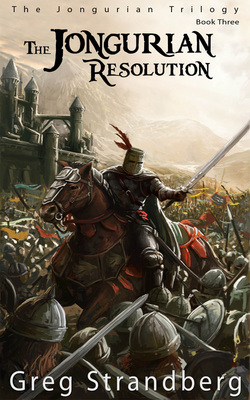

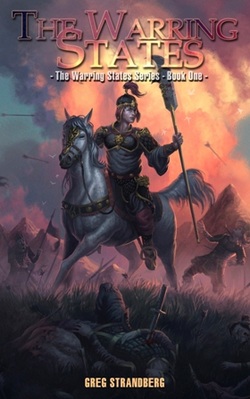
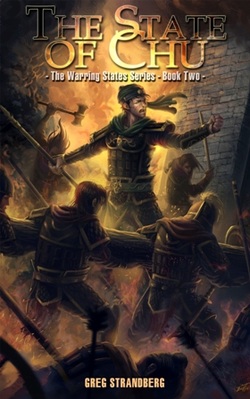

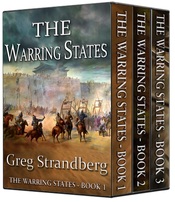
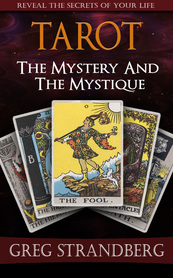
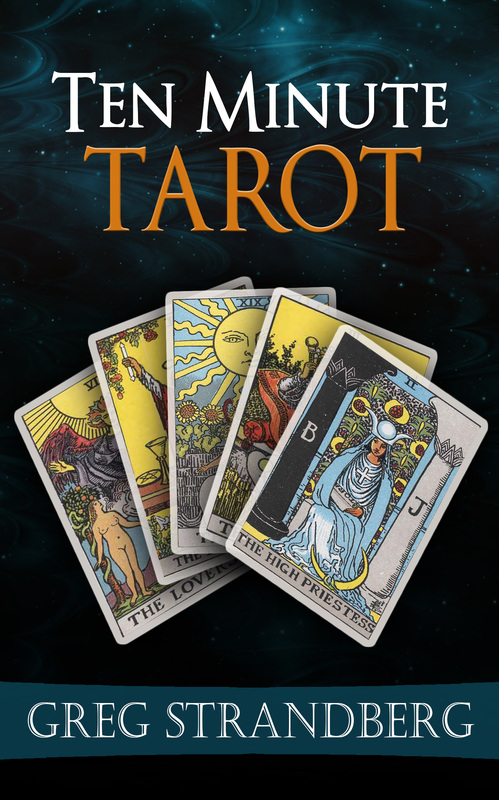
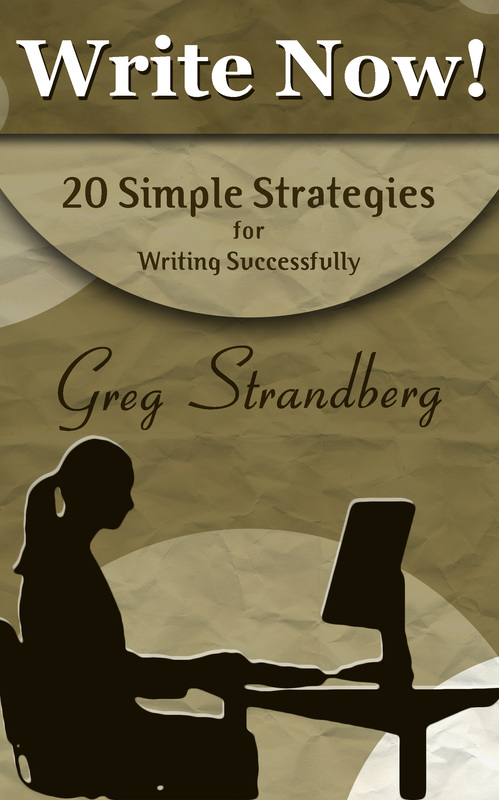













 RSS Feed
RSS Feed